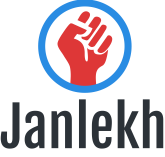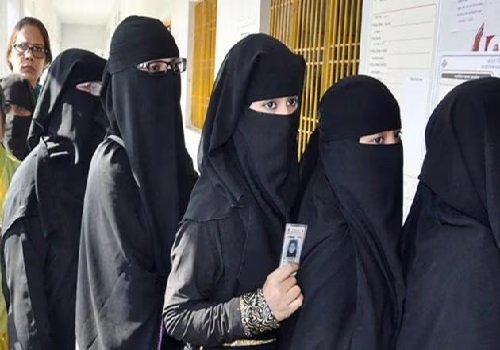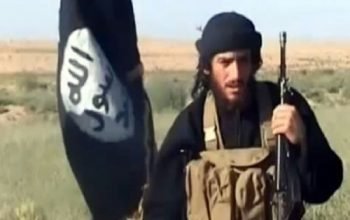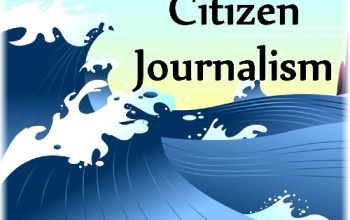Altaf Mir
The election season is in full swing in every nook and corner of India. Political parties are busy in electoral campaigns trying hard to influence and mold the behaviour of voters. Indian politics is often influenced by the majority vs minority debate with campaigning often acquiring communal overtones. While those driven by hate often fall to these divisive narratives, the learned always knows the follies behind such empty rhetoric. The latter knows that election season gives them the chance to make their voices heard while putting forward the legitimate demands.
It is important to seek assurances from political parties and bargain with them on the needs of the society which requires effective articulation and agenda setting in the time of elections. It is equally important to establish mobilisation groups for awareness campaigns and motivation for people to participate in electoral processes and voting on genuine issues. One of the major concerns for Muslims, a major component of India’s minority, is their backwardness with marginalisation both at individual and community level. It can be made an integral issue in election campaigns and large scale participation in the democratic process can ensure favourable law making. For instance, during election seasons, Muslim communities might ask candidates to articulate clear policies and initiatives aimed at well-being of minority groups. Muslim community must seek political leaders’ support in the area of economic development and employment. Education and skill development are vital components of economic empowerment for Muslim communities. The dedication of resources to education like the effective and equitable implementation of scholarship schemes and allocation funds for training initiatives, establishment of minority centric institutions, reservation in jobs or expansion reservation to Pasmandas can be a bargaining chip between Muslim community and political parties. This will help in bridging the skill gap between employers’ requirements and the capabilities of job seekers within Muslim communities. Due to lack of required qualification and exposure, many Muslims often encounter difficulties in obtaining secure, well-paying jobs, leading to economic insecurity and inequality within their community. There is an increasing demand for policies and initiatives that tackle these discrepancies and enable Muslims to excel and prosper in the job market. Investing in education and skill development plays a crucial role in empowering Muslim communities to achieve economic success and stability. It breaks the cycle of poverty and unemployment prevalent in some areas by providing opportunities for individuals to improve their employability and access better-paying jobs. Muslim entrepreneurs and business proprietors also look for assistance in obtaining resources and funding to establish and expand their businesses, thereby contributing to overall economic progress and well-being. Through collaboration with political leaders, Muslim communities can advocate for policies that foster economic growth and establish a fairer distribution of resources.
It’s vital for natural leaders to arise within communities and collaborate with political parties to tackle these issues and strive for a more inclusive society that recognises the nationalistic fervour prevalent amongst Indian Muslims. Despite constituting a significant portion of the population, Muslims often find themselves marginalized and inadequately represented in decision-making processes. To address this issue, political parties must actively engage with and incorporate Muslim leaders and representatives into their decision-making frameworks. Only by ensuring that Indian Muslims have a meaningful role in decision-making can we truly build a more inclusive and representative democracy. It needs to be remembered that falling for divisive and alienating narratives will only embolden the hate mongers while endangering the future prospects of the community.
(The author’s Fellow in Journalism and Francophone Studies, Jamia Millia Islamia. His views are personal. It has nothing to do with public records management.)




